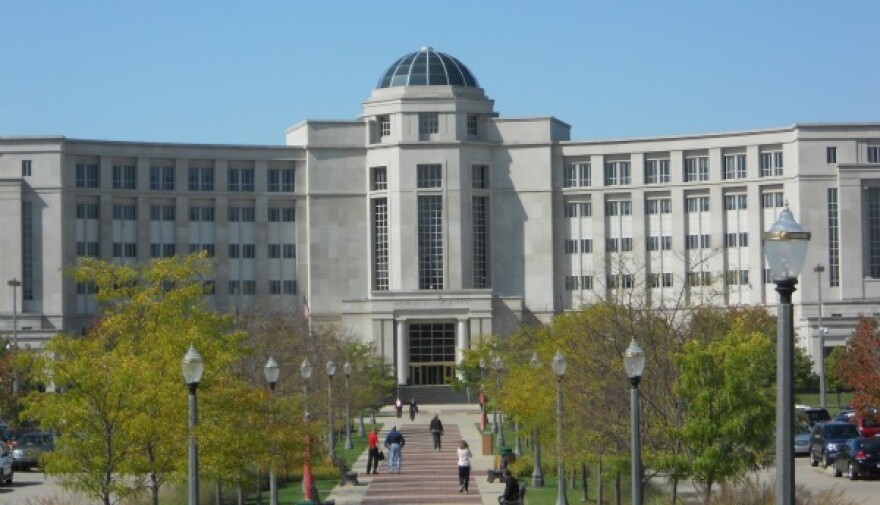The Michigan Supreme Court will hear oral arguments Wednesday on whether documents donated to a public university by an anti-immigration activist are covered by the Freedom of Information Act.
The University of Michigan is challenging a decision by the Michigan Court of Appeals. The court ruled all the papers donated by Doctor John Tanton are available to the public under the state Freedom of Information Act. That’s despite an agreement the university made that 10 of the boxes would be off limits to the public until 2035.
Tanton was an anti-immigration activist and proponent of eugenics. The plaintiff is an immigration attorney who claims Tanton’s papers will help reveal the blueprint for anti-immigration policies that still persist. Tanton died in 2019.
But the university says the cure is worse than the problem – that releasing the records would discourage prospective donors from leaving important historical records to UM and other public institutions:
“The University’s decision to honor gift agreements serves this purpose. Many donors understand that their papers will advance public knowledge, but they recognize that immediate public disclosure of those papers may harm themselves or others. They therefore donate to public libraries on the condition that their records be temporarily closed to public access. Libraries agree to such conditions because otherwise the donors would not donate their records at all.”
Television journalist Mike Wallace and businessman and philanthropist Alfred Taubman donated personal papers with that understanding, according to UM’s brief filed with the Supreme Court.
UM also says the open records law does not apply in this case, in part, because of the unique autonomy public universities have under the Michigan constitution. Also, that the records don’t involve a public function or decision-making by a public body.


